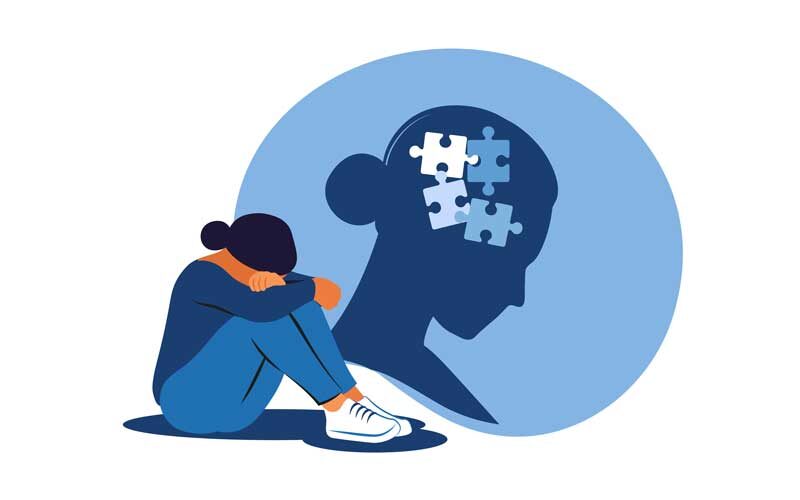What does heat do to our emotions?
People are more encouraged to attend social gatherings during the summer months. It is easy to imagine crowds enjoying socializing at events like a street fair in the daylight. However, studies have shown that sweltering environments can trigger aggressive thoughts and diminish positive emotions such as joy and contentment. In fact, crime rates typically increase during the warm months. When confronted with intangible frustration, like enduring a heatwave, individuals are prone to redirect their anger towards something more concrete, like small mistakes that the waitress made. Additionally, hot weather has been linked to a higher number of emergency room visits for mental health crises, suicide, and days with mental health challenges. (Turk, 2022).
Heat, anger, and violent crime
In 2019, scholars at the University of Southern California revealed that violent crime rates in Los Angeles surged by an average of 5.7 percent on days when temperatures exceeded 29 degrees Celsius; this tendency is more significant, especially in the poverty area. Although it was mentioned that the heat provokes aggressive thoughts and increases violent crime rates, it is possible that the rise in crime rate is due to the rise in the number of people who are socializing, which creates more opportunities for conflicts. To examine if heat is the major factor in the surge of violent crime, researchers at Drexel University examined daily crime data for the last decade in Philadelphia in 2017. They confirm the correlation between hot days and the rise of violent crime. Surprisingly, they also found that the impact of heat on the crime rate is most significant on warm days during the winter season rather than the summer season (Dorn, 2022).
How may heat play a role in poor mental health?
In 2018, Marshall Burke, a Stanford economist, found that a rise of one degree Celsius in average temperature is associated with a one percent rise in suicide rates in the United States and Mexico. Josh Wortzel is a researcher at Brown University who is interested in the relationship between heat waves, mental health, and climate change. He said that there is a higher than average rate of suicides and suicide attempts during times of temperature variation. Furthermore, Robin Cooper, an associate professor at the University of California, San Francisco, asserted that poor mental health is a result of heat-induced changes in sleeping habits. Extremely hot days can result in poor quality sleep, which can impact manic episodes in bipolar illness sufferers (Baker, 2023).
Conclusion
To sum up, the heat affects our emotions, behavior, and mental health. Warm weather may have both beneficial and negative effects on our emotions and behavior. For example, it might make us more gregarious and prone to fury, but it can also increase the likelihood of violent crimes and provoke aggressive impulses. According to scientific research, crime rates rise throughout the summer, particularly in communities with high rates of poverty. Furthermore, this propensity is more pronounced on warm winter days or in other colder months. Furthermore, researchers discovered a link between heat and psychological well-being. Suicidal thoughts and ER visits for mental health emergencies are linked to rising temperatures. Although there are other contributing causes, the shift in sleeping patterns brought on by temperature changes is the most important one.
Reference
Baker, A. 2023. How Extreme Heat Impacts Your Brain and Mental Health. Available at: https://time.com/6280073/how-heatwaves-impact-your-brain/ [Accessed 3 August 2023]
Dorn, A. 2022. Heat of the moment: Why does violent crime spike in the summer? Available at: https://www.newsnationnow.com/newsnation-now/heat-of-the-moment-why-does-violent-crime-spike-in-the-summer/ [Accessed 3 August 2023].
Turk, L. 2022. How Heat Affects our Behavior and Decision-Making. Available at: https://thedecisionlab.com/insights/environment/how-heat-affects-our-behavior-and-decision-making [Accessed 3 August 2023].
